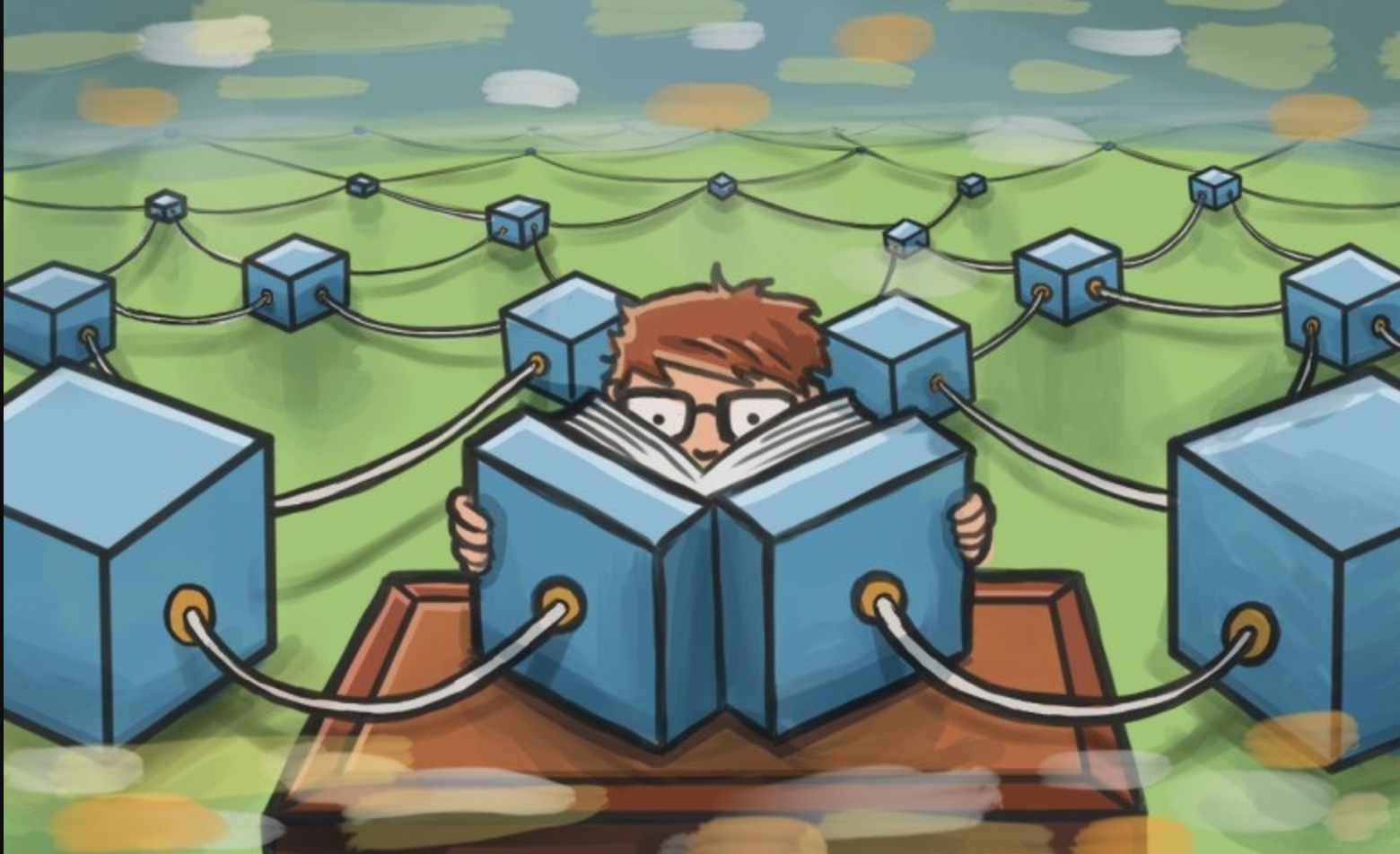

Blockchain and education
When you hear the word blockchain does it make your head spin? Wall Street analysts and fintech experts claim it could make traditional banking obsolete; Airbnb just acquired a team of blockchain experts; and the country of Estonia will use it to secure a million patient health records.

But what exactly is blockchain, and what are its implications for education?
1. Single institution
One school in San Fransisco has already used blockchain to store and deliver its issued certificates. It’s seen as a measure to stop fake certification. Encryption and two-factor authentication are used to create, sign-off on and place the certificate into the blockchain database. The school still gives students paper copies, but a system-created decentralised clearing number (DCN) is generated that allows authentification by employers.
2. Blockchain and badges
So let’s up the stakes with a wider initiative around Open Badges. Open Badges gather evidence for credentials. What could be better than a tamper-proof system for their storage? If a blockchain system can offer a massive way to deal with authentic accreditation, then the problems of openness, scale and cost for badges disappear.
3. Corporate learning
Companies deliver huge amounts of training to their employees, but storing achievement is not easy. Current learning and talent management system technologies, SCORM, et al, are a bit old and tired. What’s needed is a more open but secure system for use not only internally, but also by employees when they leave an organisation.
4. Apprenticeships
Vocational education is now big business, as governments around the world recognise the folly of relying too heavily on purely academic institutions to deliver post-school education. In the UK, a system of three million apprenticeships is to be funded through a levy on payroll. It’s a complex business, as employers will play a stronger role in their management and delivery. How are they going to manage the process and certification? Blockchain is a real possibility, as it could offer a centralised but neatly distributed national database for the authentication of both process and certification.
5. Global assessment
The current system of certification is not really fit for its purpose. A paper system is subject to loss, even fraud. With an increasingly mobile population of students and workers, a centralised database of credentials and achievements makes sense, whether you’re moving to another educational institution, a new job, and a new country – and for refugees who have no copy of their degrees. Some sort of secure, online repository would be helpful.
Assessment would appear to be the first obvious application for blockchain.


